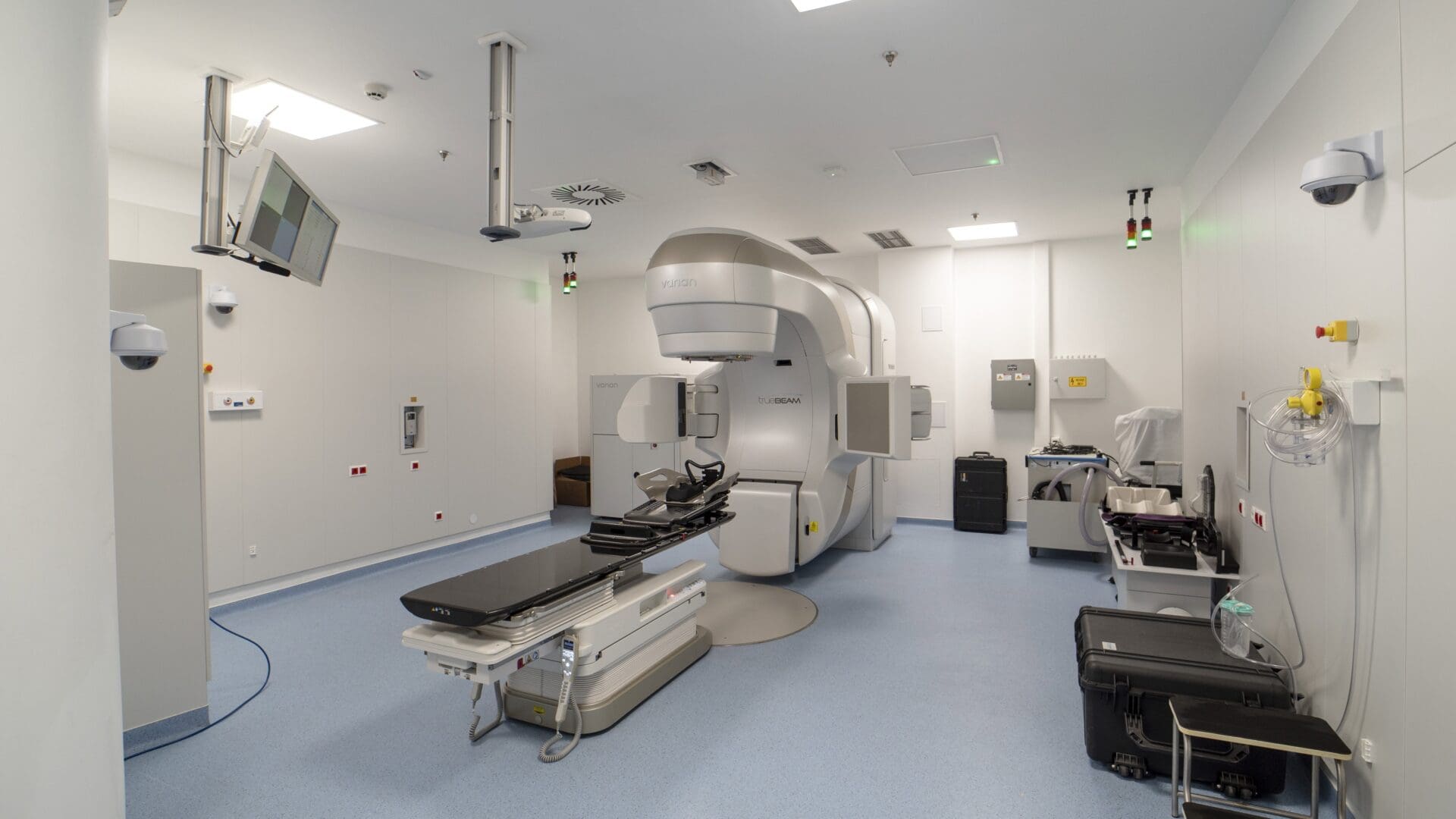The 35th edition of the biannual Hungarian Society of Oncologists Congress is starting today. It will be taking place from 9–11 November, hosted by the Budapest Congress Center in Budapest.
The first panel discussion will be about the improving cancer statistics in Hungary, and will feature Hungarian Academy of Sciences Professor Csaba Polgár, head of the National Institute of Oncology and leader of the Hungarian Society of Oncologists, and his colleague Dr István Kenessey.
Dr Polgár gave an exclusive interview to our site back in April. In it, he did concede that Hungarian cancer death rates are still high, as reported by the Organization for Economic Cooperation and Development’s (OECD) annual cancer report, which placed Hungary at #1 in cancer deaths per 100,000 people. However, he also pointed out that this has been the case for decades now, and that the numbers fare well in comparison to other former Soviet states who are not in the EU. Also, the chance of survival for a Hungarian cancer patient has increased significantly in the past decade.
Professor Polgár, along with Professor Attila Patócs, went on the morning show of the Hungarian cable news channel Hír TV to talk about the upcoming event.
‘The Hungarian Society of Clinical Oncology is a multidisciplinary scientific society. From prevention, through epidemiology, to screening, as well all the therapeutic and diagnostic professions are all concentrated in this one society. We hold our Congress every two years, for the 35th time so far. Evidently, this is the largest, most representative scientific society in the field of oncology…Every two years, we examine the newest innovative technologies, be it medicinal therapy, surgery, or radiation therapy. However, we also do basic translation research, as well study prevention and screening methods,’ Dr Polgár explained what his society’s Congress is about to the TV audience.
The Oncology Society can now boast over 1,100 members,
after a large increase in membership in recent years. Meanwhile, the number of young oncologists has doubled in the same time period.
Chief Medical Officer Cecília Müller will also be speaking at the event: she will be on the panel about the current state of cancer screening in Hungary. Other topics will include the new method of targeted DNA modification in oncology, a lecture by Ranjit Bindra, MD from the Yale School of Medicine, fertility preservation in cancer patients, and even experimental oncology.
Related articles:







